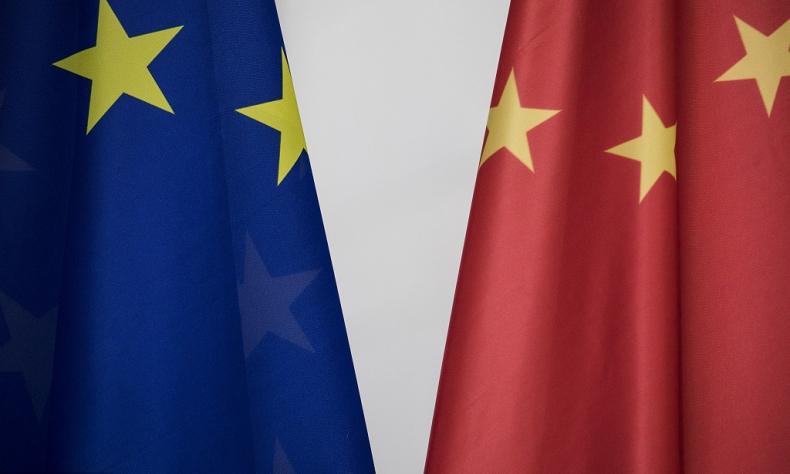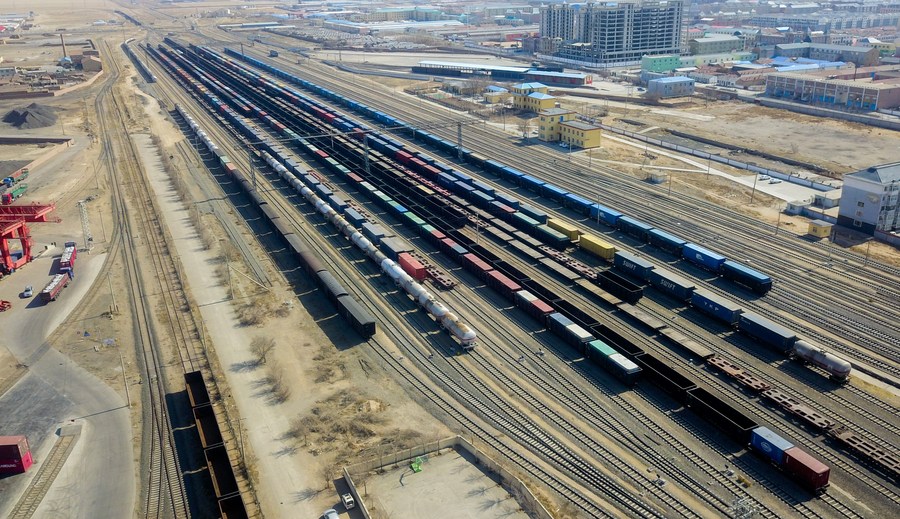China and the EU: Cooperation is Possible

China and the EU cannot agree on everything but they are able to accommodate different interests and proceed together.
The new EU leadership, President of the European Commission Ursula von der Leyen and the head of the European Council Charles Michel, took office in the last months of 2019. Despite some phone-calls with President Xi Jinping and Premier Li Keqiang, however, the COVID-19 pandemic postponed face-to-face meetings.
The China-EU Summit finally took place on June 22 in virtual form, offering the first genuine opportunity for the two sides to get to know each other better.
China and the EU have been relatively constructive for years. The recent virtual summit confirmed this general attitude without ignoring differences. Beijing and Brussels can still work together and build a better future. This is what matters in these difficult times of uncertainty.
The title of the European press release – “A complex and vital partnership” – is indicative. As High Representative Joseph Borrell also acknowledged in a tweet, collaboration is critical to tackle the immense global challenges of today.
Sino-European ties were partly strained during the pandemic. This was due to natural tensions in response to the virus that caught everyone by surprise. Insistence on different narratives – in the words of Borrell – constitutes the most important example.
Solidarity became evident when needed, however. China received medical assistance by European countries and this was reciprocated when Europe faced its own crisis.
The March 2020 G20 meeting had already shown that China and several European countries had a desire to find common ground. Obviously, COVID-19 was an issue discussed at the June 22 virtual meeting. Both sides need now to join forces to unlock the potential of a vaccine for the common good – as President Xi Jinping said recently – as well as mitigate economic consequences.
Moreover, the fact that China and the EU reaffirmed the joint commitment to conclude the Comprehensive Investment Agreement in 2020 is important. Negotiations are tough because China sees a rising number of obstacles in rolling out its Belt and Road Initiative – mainly the screening mechanism – in a period during which it offers much-needed cash or know-how, whereas the EU asks for deeper access to the Chinese market to better defend its business interests.
On June 22, the Chinese administration focused again on the continuous opening-up and reform process that potentially gives more opportunities to Europe. China’s new foreign investment law obviously has not been carefully studied among European policymakers.

China and the EU both support multilateralism. The former’s proposal for joint actions to guarantee global peace and stability, global prosperity and global governance provides a good way forward.
Coordinated actions in dealing with climate change, for instance, deserves attention. Von der Leyen placed particular emphasis on this common challenge during the press conference.
And, it’s not only about the Paris Climate Accord. Recently both Beijing and Brussels have agreed on the central role the World Health Organization should play. China supports the process of European integration while the EU understands that a multilateral world order cannot be successfully built without China.
In the press conference the EU leadership appeared determined to protect European values. This is a fair point respected by the Chinese side which, of course, expects a similar response.
This is no one-way street. China, for example, asked for clarifications on the “systemic rival” label. Cooperation is possible among partners with different governance models as long as one side does not seek to impose its will on the other. The more China and the EU talk, the better they understand each other.
The Sino-European partnership is a critical aspect in today’s world and this is acknowledged. Continuous rounds of dialogue will yield results, if they are being conducted in good faith. China and the EU cannot agree on everything but they are able to accommodate different interests and proceed together.
George N. Tzogopoulos is a columnist with China.org.cn.
 Facebook
Facebook
 Twitter
Twitter
 Linkedin
Linkedin
 Google +
Google +










